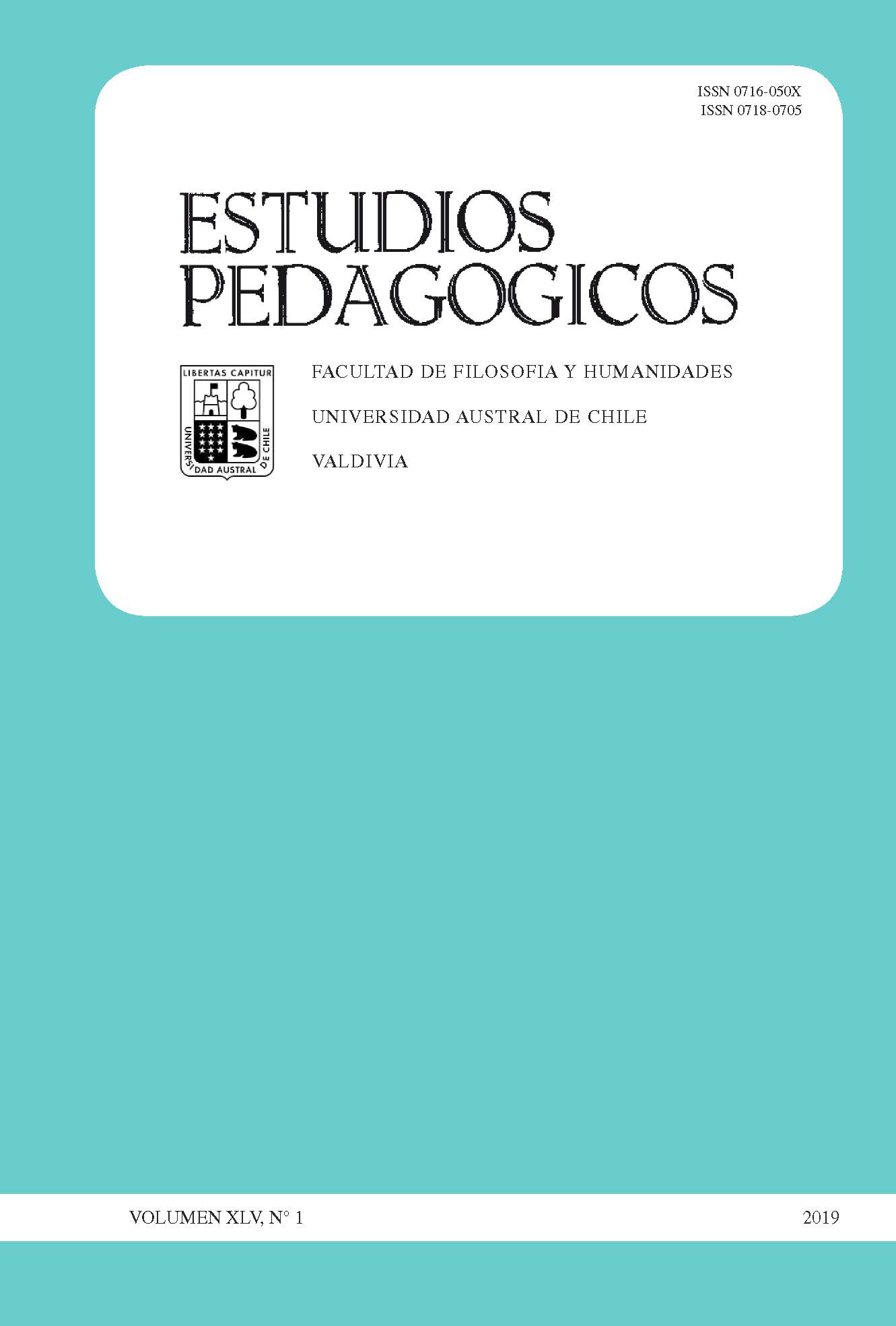Using project-work to contextualize basic statistic and probabilistic notions in the initial training of primary school teachers
Main Article Content
Abstract
In this paper we analyze and evaluate a training process on basic statistics and probability, conducted with a sample of 58 future teachers of primary school teachers. Applying theoretical tools from the onto-semiotic approach to mathematical knowledge and instruction the three data analysis projects used, as well as the implemented didactic trajectory are analyzed. The significant didactical facts identified allow assessing the didactical suitability of the process, taking into account the epistemic, ecological, cognitive, emotional, interactional and mediational dimensions. The results suggest that the use of situations - problems, optimizes the learning of statistics, in making sense of the mathematical techniques and theories; however, the management of the study process requires the teacher to revisit the background knowledge needed at different phases of the study process and to finally systematize the intended knowledge.

